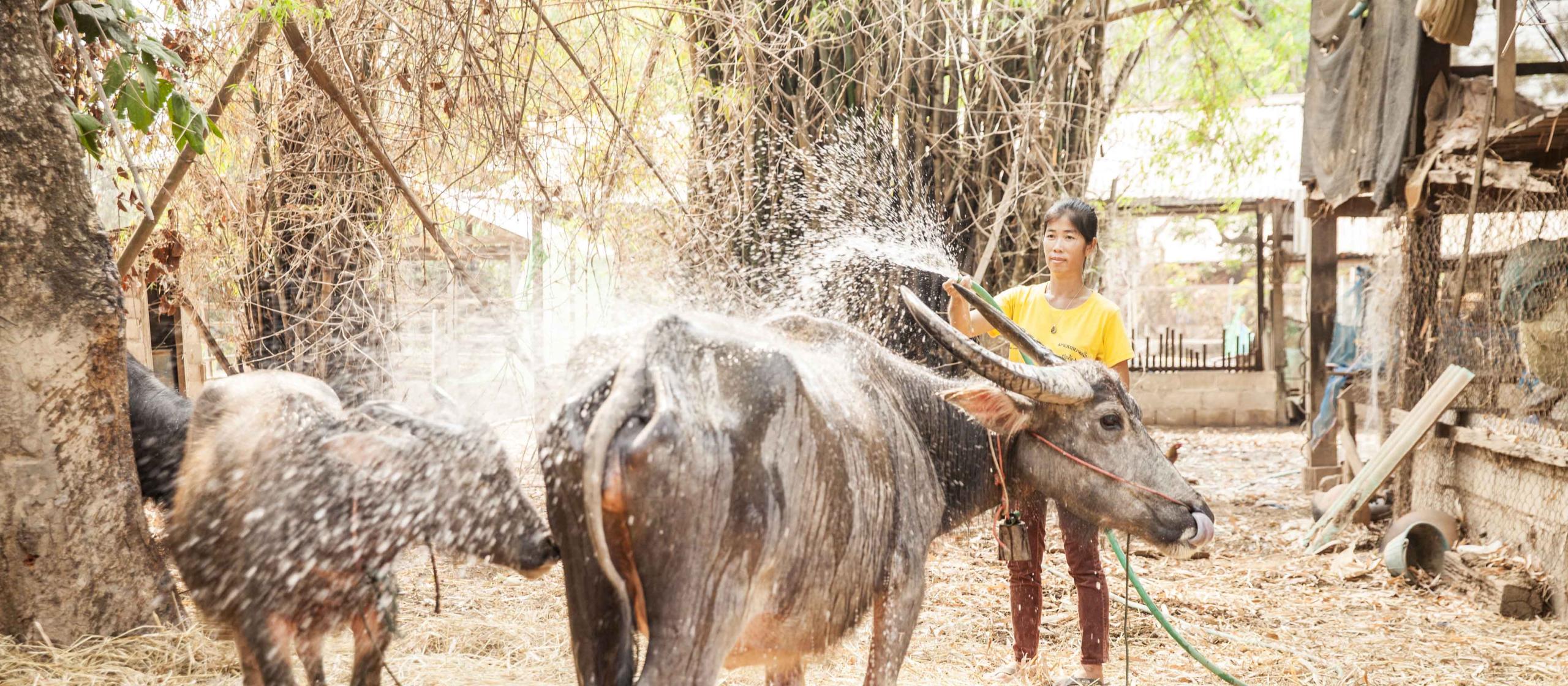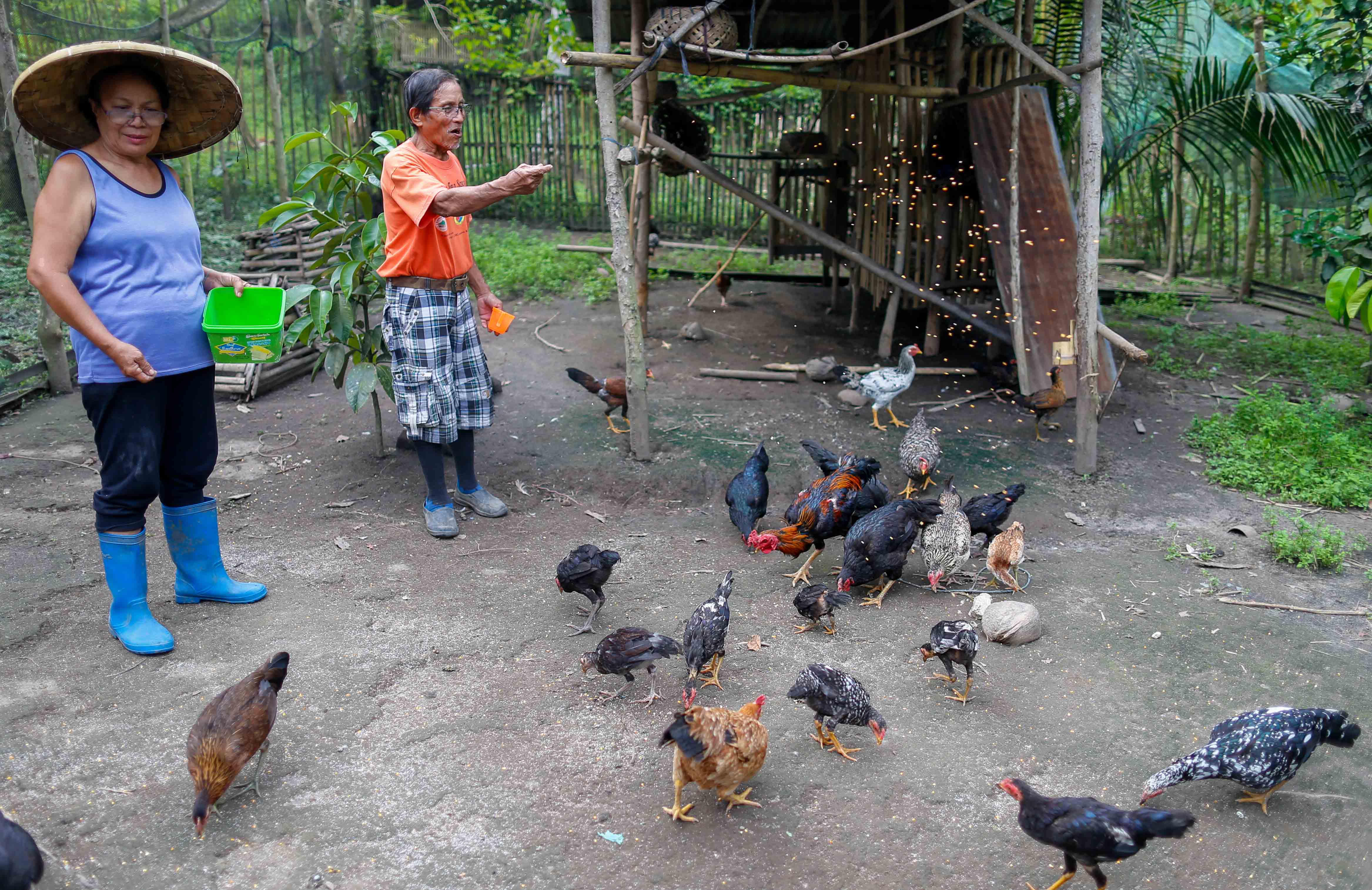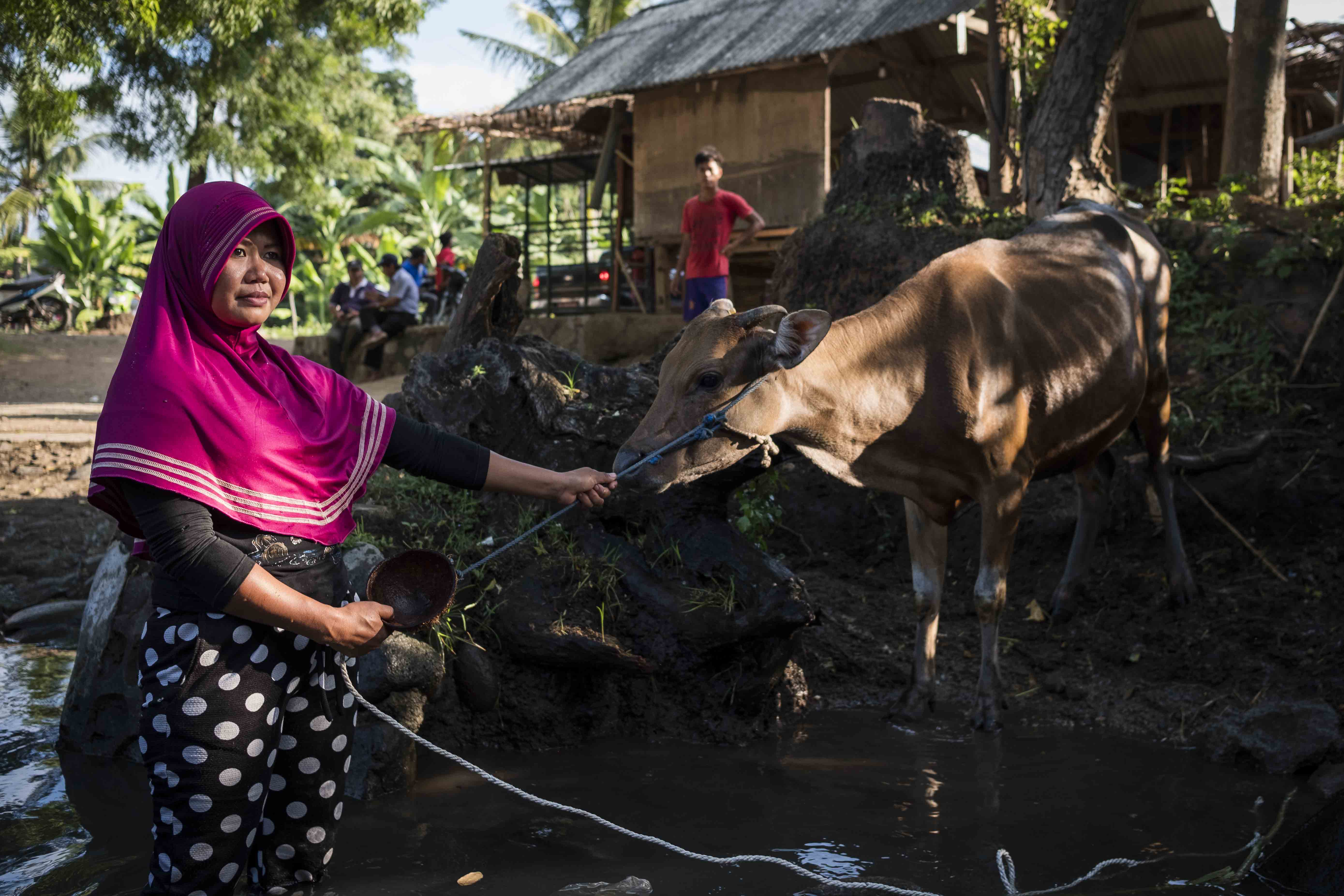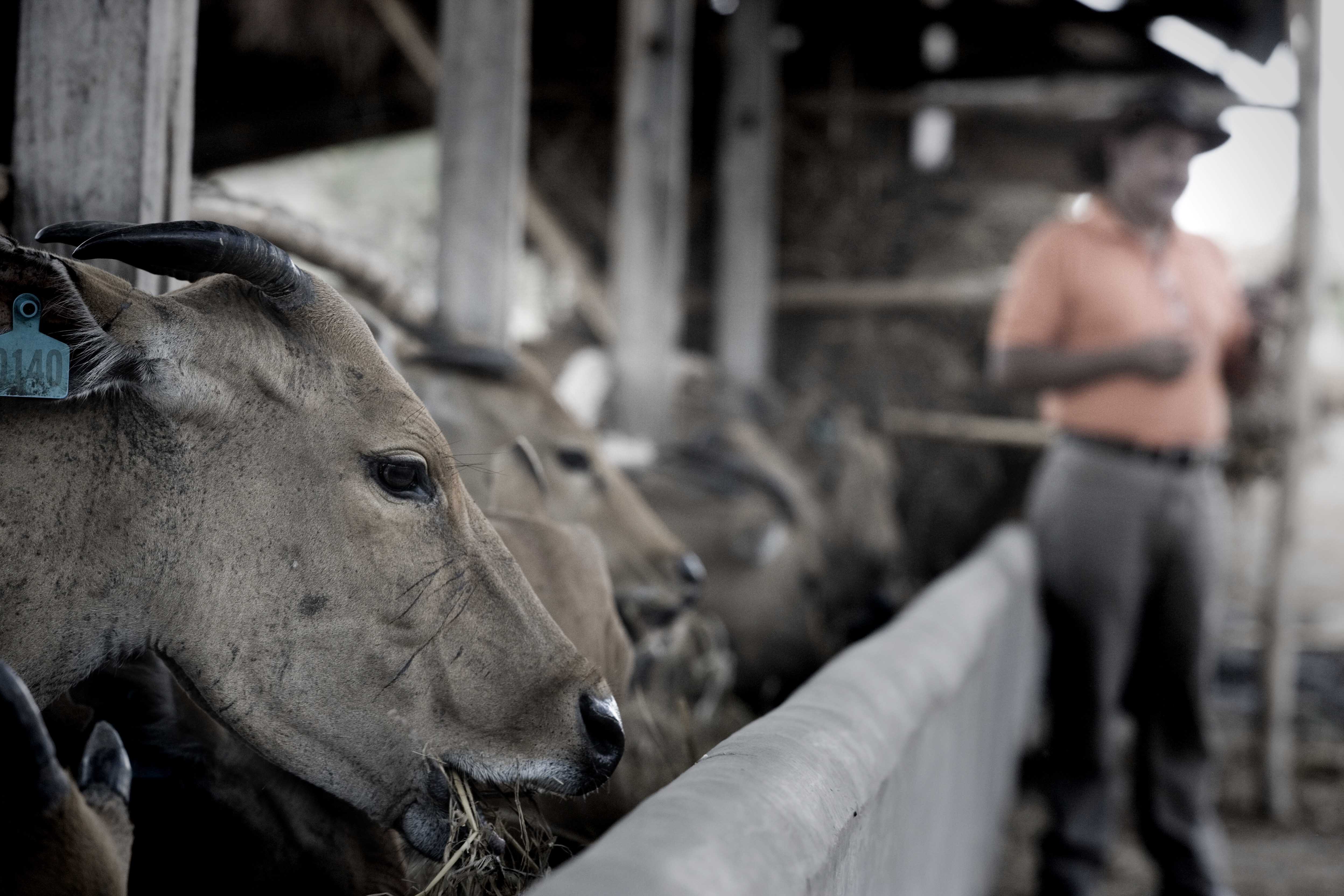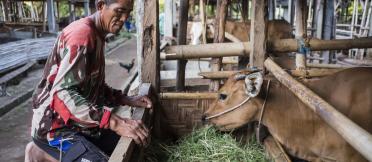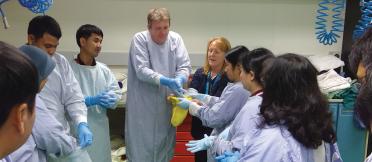The ongoing pandemic has reminded the world that human health is inextricably linked to our surrounding environment and everything in it.
With 75% of new and emerging infectious diseases being zoonotic—capable of spreading from animals to people—achieving optimal human health demands equal investment into understanding how the health of animals and the wider environment shapes broader health security.
In a co-investment partnership, ACIAR and Canada’s International Development Research Centre (IDRC) are funding a new research program across South-East Asia that will promote a collaborative and multi-sector approach to benefit the health of humans, animals, and the environment.
The ACIAR/IDRC Research Program on One Health (AIRPOH) is funding interventions that will demonstrate and promote the benefits of how a One Health approach can improve agrifood systems and overall health security.
